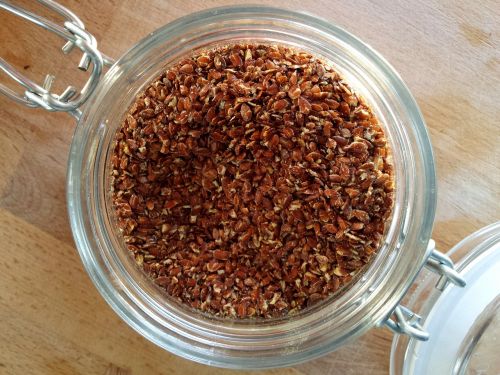The omega-3 fatty acids Alpha-Linolenic-Acid (ALA), which are most commonly found in flax seed, may have beneficial effects on membrane health and insulin sensitivity.
In a new study published in the “Journal of Bioenergetics and Biomembranes”, researchers assessed the effects of diabetes on mice. Compared to healthy control subjects, the diabetic mice exhibited 46% lower Respiratory Control. However, when these diabetics were give ALA supplements, Respiratory Control was only 23% lower. When healthy subjects were given ALA, Respiratory Control improved by 29.5%.
Along with Respiratory Control, the rates with diabetes also exhibited decreased membrane fluidity, leading to altered mitochondrial respiration. The ALA supplementation, however, reduced these effects and improved glycemic control in the diabetic subjects.
Conclusions
ALA appears to have beneficial effects on diabetes-induced health parameters, and diabetic subjects may potentially benefit from flax consumption. Future research would be valuable to determine if these effects are comparable in human subjects. Additionally, future research would be valuable to compare whether the effects are similar for other forms of omega-3’s, such as EPA and DHA.
References
